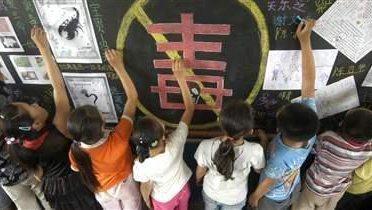

2:00 pm EDT - 3:30 pm EDT
Past Event
2:00 pm - 3:30 pm EDT
1775 Massachusetts Avenue NW
Washington, DC
20036
Excluded from most international economic activities by numerous sanctions and its own policies, the North Korean regime has enabled–and sometimes directly participated in–illicit economic activities to earn hard currency that it needs for regime survival. These activities include the production and distribution of narcotics and counterfeit currency, the smuggling of a range of illicit goods, and other unconventional revenue-generating activities. Such operations have been critical in preserving the North Korean regime.
On April 15, the Center for East Asia Policy Studies at Brookings hosted the release of a report from the Committee for Human Rights in North Korea (HRNK), entitled “Illicit: North Korea’s Evolving Operations to Earn Hard Currency.” The report, authored by Brookings Nonresident Senior Fellow Sheena Chestnut Greitens, analyzes the history and current status of North Korea’s foreign currency earning operations, focusing on illicit activities. It discusses how these activities have changed in recent years and the implications for U.S. and international policies toward North Korea. Nicholas Eberstadt of the American Enterprise Institute and Marcus Noland of the Peterson Institute for International Economics, both HRNK board members, commented on the presentation.
Related Content

Sheena Chestnut Greitens
April 7, 2014

Yong-an Zhang
February 10, 2012

Yong-an Zhang
December 3, 2010




Somachi Chris-Asoluka
February 4, 2025

Mohamed Abdiweli, Betty Kibaara, Kevin Watkins, Homi Kharas, Juliana Tângari, Nicola Okero, Veronica Schoj, Liesbet Steer
February 3, 2025

Vanda Felbab-Brown, Diana Paz García
February 3, 2025